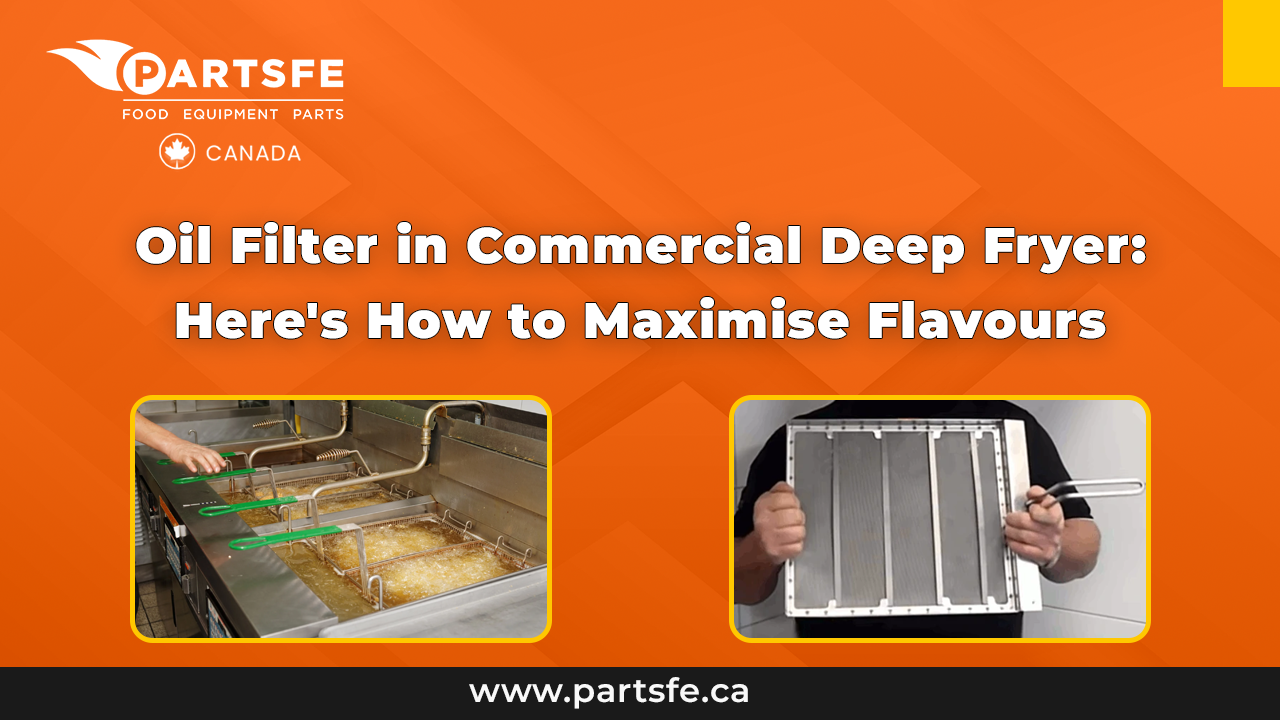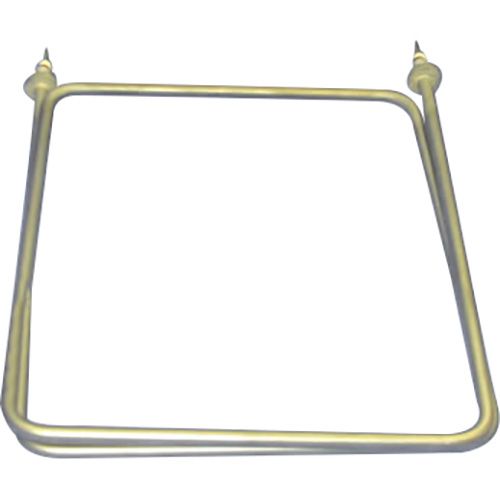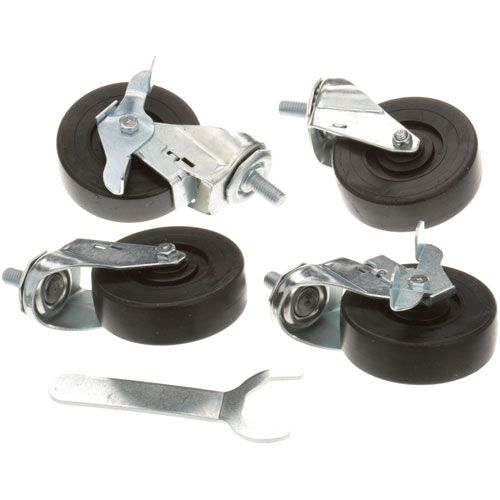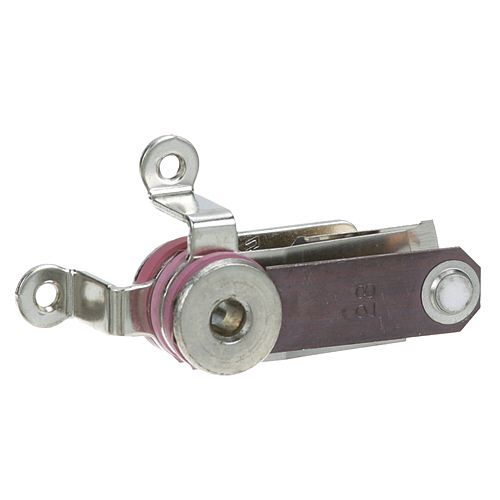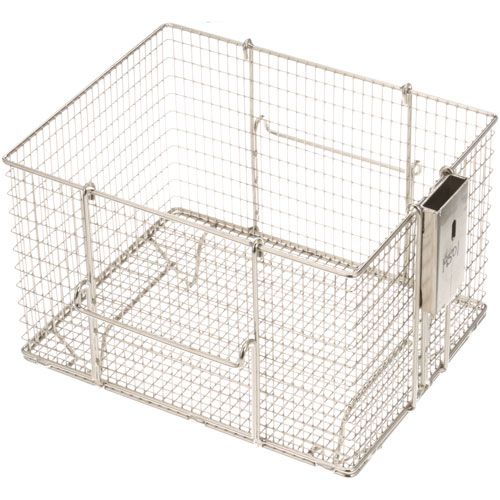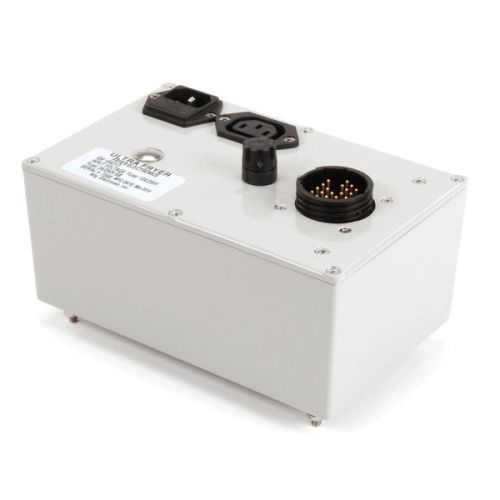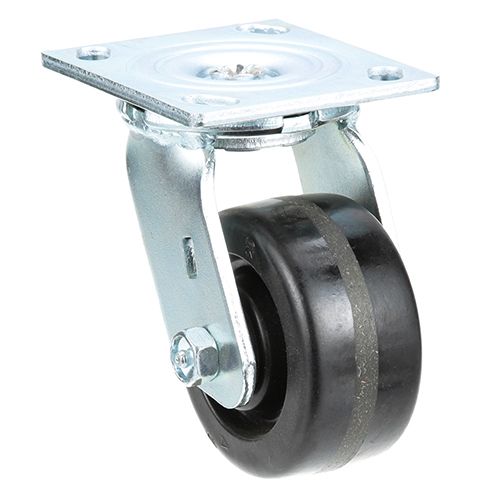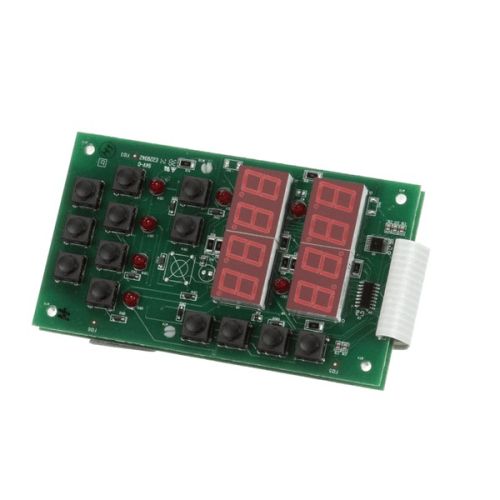Oil Filter in Commercial Deep Fryer: Here’s How to Maximise Flavours
In the professional kitchen, particularly in the kitchen that uses deep fryers, it is crucial to keep the oil fresh in order to enhance the flavor and productivity. A commercial deep fryer is a necessity in most restaurants, whether it is a fast food restaurant or a high end restaurant, but many chefs do not pay much attention to oil filtration as a way of maintaining and improving the quality of fried foods.
Employing an oil filter in your deep fryer also helps to extend the lifespan of the oil besides making your food crispy, well textured and most importantly flavorful. This guide will explain how oil filtration occurs in a commercial deep fryer and give advice on how to get the most from the flavours in your food.
Understanding Oil Filtration in Commercial Deep Fryers
An oil filter in a commercial deep fryer is a system for cleaning the cooking oil from impurities which are present in it. Periodically oil in a fryer gets deposits from the food, carbon and many other foreign substances which contribute to the alteration of the taste, texture and quality of the food being fried. The filtration system aids in eliminating such qualities hence enabling the oil to remain cleaner for additional time and effectively for frying.
Most of the commercial fryers come with oil filters as a standard equipment or as a separate accessory. These filters can be either block and cylinder or carborundum and can generally use mechanical methods like mechanical filter, vacuum suction or chemical filter to filter the oil.
The Impact of Clean Oil on Food Flavour
When oil is clean, it allows food to cook evenly and crisply without introducing off-flavours. Contaminants in used oil, such as food particles and carbon buildup, can cause the oil to degrade and lose its frying effectiveness. This often results in food that’s greasy, soggy, or even unpleasantly bitter.
Clean oil also prevents the risk of flavour contamination. For instance, if the oil is previously used to fry fish or spicy foods, it may transfer those flavours to new batches of food. By using an oil filter to remove these particles, you can ensure that your fried dishes taste exactly as they should—fresh, delicious, and true to their ingredients.
How Oil Filters Work in Deep Fryers
Oil filtration systems in commercial fryers operate by circulating the used oil through a filter or filtration system that captures the food particles, carbon, and other impurities. The purified oil is then returned to the fryer, ready for reuse.
Filtration Methods:
-
Mechanical Filtration: Involves a fine mesh or filter paper that traps food particles as the oil is pumped through it. This is the most basic form of filtration and is often used in budget-friendly fryers.
-
Vacuum Filtration: This method uses a vacuum pump to remove impurities from the oil. It’s more efficient and thorough than mechanical filtration, making it suitable for high-volume fryers.
-
Centrifugal Filtration: In this process, a high-speed spinning drum uses centrifugal force to separate the contaminants from the oil. It’s a highly effective method that ensures the oil remains clean and can be reused for longer periods.
-
Chemical Filtration: Some advanced filtration systems use chemical agents to neutralize the acids and other compounds in the oil. This helps to reduce the unpleasant aftertaste often associated with used oil.
Types of Oil Filters for Commercial Deep Fryers
Commercial fryers offer a variety of oil filtration options depending on the fryer’s design, size, and functionality. Here are the most common types of filters:
-
Built-in Filtration Systems: Many modern commercial deep fryers come with integrated filtration systems. These systems automatically filter the oil during or after each frying cycle. They are user-friendly and designed to save time and effort.
-
Portable Filtration Units: These external units are placed next to the fryer and can be used to filter oil manually. They are a more affordable option for kitchens that don’t have built-in systems.
-
Pressure Filtration: This method uses pressure to push oil through the filter. It’s most commonly used in high-volume fryers, where efficiency is key.
-
Gravity Filtration: As the name suggests, gravity filtration relies on the natural flow of oil to pass through the filter. While it’s not as fast as other methods, it’s effective and energy-efficient.
Also read on: Ventless Deep Fryers: The Future of Frying Commercial Kitchens Simplified
Maximising Flavours: The Role of Oil Maintenance
Proper oil maintenance goes beyond just using an oil filter. To maximise the flavour of your fried foods, it’s important to consider the following factors:
1. Consistent Temperature Control
Maintaining a consistent frying temperature is essential for achieving the perfect crispy texture without overcooking or undercooking the food. Oil that’s too hot or too cold can affect both the taste and texture, making oil filtration even more critical in ensuring quality control.
2. Frequent Oil Monitoring
Regularly monitor the oil for signs of degradation, such as darkening or a rancid smell. Oil filters can extend the life of the oil, but it’s important to replace it regularly to prevent stale flavours from affecting the food.
3. Proper Frying Techniques
Ensure that you’re not overloading the fryer, as this can cause the oil temperature to drop and result in greasy food. Likewise, avoid overfrying, which can cause the oil to break down quicker and impart bitter flavours.
Tips for Maintaining Oil Quality in Your Fryer
To keep your oil fresh and your fried foods tasting great, here are a few tips:
-
Filter Oil Regularly: Set a schedule to clean and filter the oil to remove particles and prolong its usability.
-
Avoid Cross-contamination: If possible, use separate oil for different types of food to avoid flavour transfer (for example, use different oil for fish and fries).
-
Use Fresh Oil: While filtration helps extend the life of the oil, don’t hesitate to replace it entirely when necessary.
-
Maintain Fryer Cleanliness: Regularly clean the fryer itself to prevent residue from building up, which can affect both the oil and the food.
Common Oil Filtration Mistakes to Avoid
Here are some common mistakes that can affect your fryer’s oil quality and food flavour:
-
Ignoring Oil Quality: Don’t assume that oil can be reused indefinitely. Be vigilant about replacing the oil when it begins to degrade.
-
Using Dirty Filters: A clogged or ineffective filter won’t work as well. Clean your filters regularly to maintain optimal performance.
-
Overfilling the Fryer: Overcrowding the fryer can cause oil spillage and reduce the quality of the fried food. Make sure to fry in small batches for the best results.
Check out: How to Replace Your Commercial Deep Fryer Filter?
Enhancing Food Flavour with Oil Filters
In the fast-paced environment of a commercial kitchen, achieving consistent, high-quality fried food is a challenge. Oil filtration is an essential tool in maintaining the quality of both the oil and the food. By regularly filtering oil, monitoring its quality, and using the right filtration system for your needs, you can enhance the flavour of your dishes, save costs on oil, and ensure your customers enjoy the best possible fried food every time.
FAQs
How often should I filter the oil in my deep fryer?
It’s recommended to filter the oil after each frying cycle or at least once a day, depending on your fryer’s usage and oil quality.
Can oil filtration improve the lifespan of my fryer?
Yes, by keeping the oil cleaner, filtration reduces the strain on the fryer’s heating elements, which can extend the lifespan of your equipment.
Does using an oil filter make a big difference in food taste?
Absolutely! Clean oil prevents off-flavours and helps achieve a crispier texture, enhancing the overall taste of fried foods.

